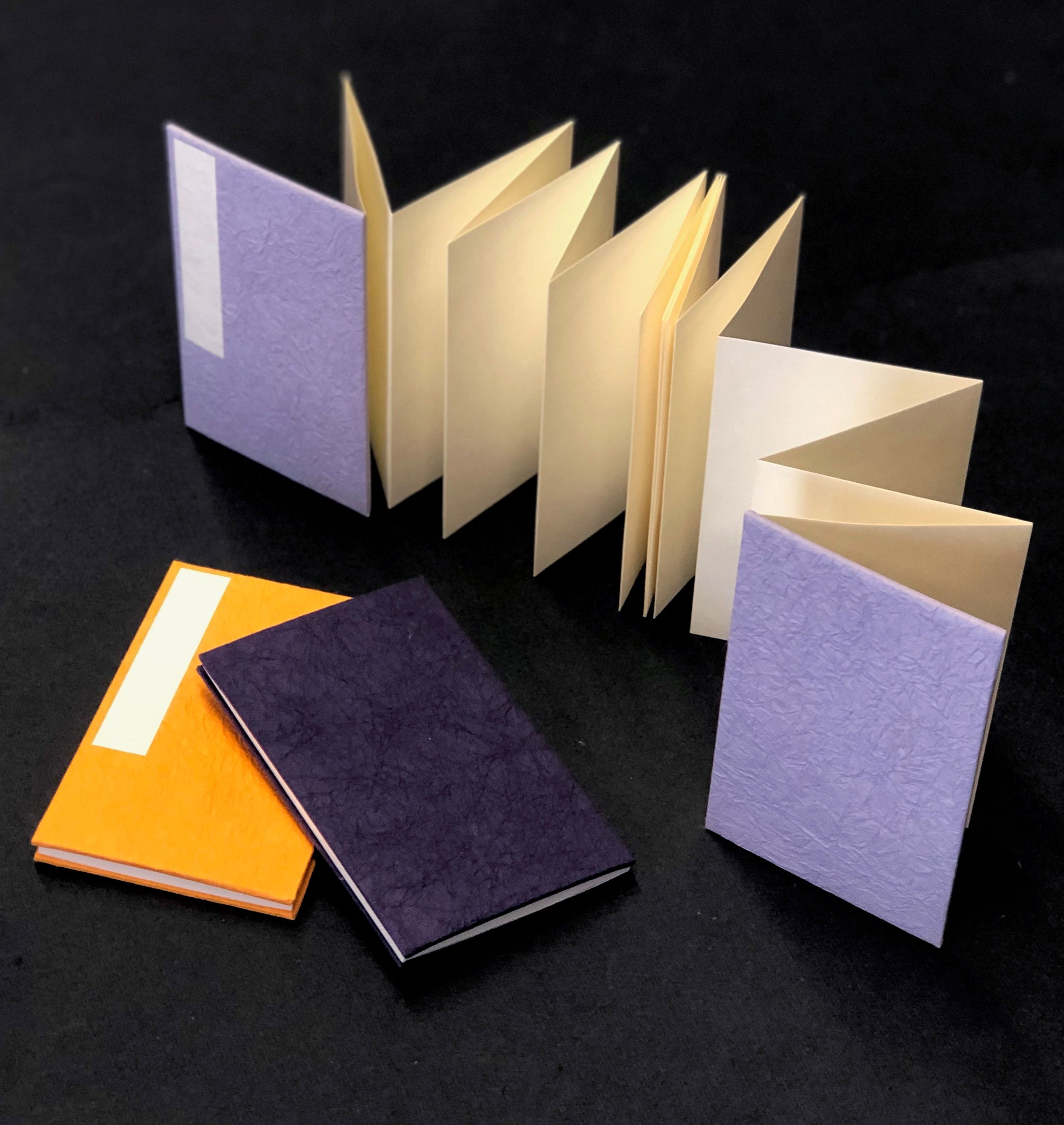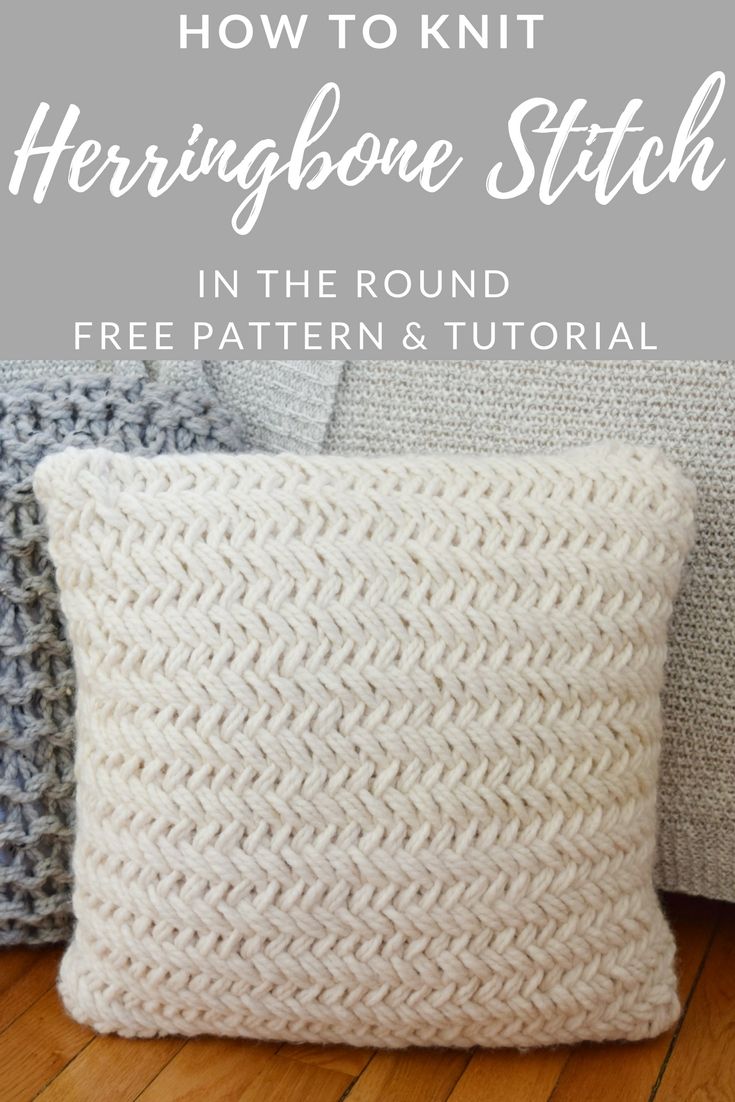
You need a sewing machine to make quilts. The Jazz sewing machine is easy to use, has a speed of 1000 stitches per minute, and has feed dogs that drop for free motion quilting. The Jazz machine is ideal for beginners who don’t need extras but still want to get great results. Another mid-level option for quilters is the Lyric sewing machine.
Choose the right sewing machine to quilt
When choosing a sewing machine for quilting, there are a number of things to consider. A domestic sewing machine will have a narrower free arm base. This is useful for hemming clothes and trousers but is not practical for quilting. Quilters require a large, flat sewing surface. Some models are designed to be free arm-convertible, allowing you to sew over the free arm with a wider space sliding in and out of the machine.

When choosing a machine to quilt, it is important to take into account the length of your throat. A longer throat will enable you to stitch your quilt more easily. Some machines also have a straight line stitch throat plate, which allows for more control when sewing delicate straight lines. Machines with long throats can accommodate larger quilting projects, without the need to scrunch. For larger projects, people with large throats may have an extended arm for their sewing machine.
A machine that features a needle-down feature is a good choice
A machine with a needle-down stitching feature is essential for quilting. However, there are other important factors you need to take into consideration when buying a machine. Quality is the first thing you need to consider. It is important to not buy a machine that will break down under the demands of quilting. A machine that costs less than $300 is a better choice. A good model with a needle-down function will provide you with many years of use.
Next, think about the fabric you'll need. A needle-down machine will allow you to use a wider range of fabric. This feature allows you to sew through hard-to-sew fabric. A needle-down machine will allow you to work with a variety of fabrics without having to worry about getting the thread out of the needle or jumping stitches.
You can choose a machine that has 200 sewing patterns
You should consider your budget before you buy a sewing machine. Also, you will need to decide whether or not to buy a cabinet for your machine. A cabinet will make it much easier to use if you plan to use it frequently. You might also want to consider purchasing a used machine. People often trade in their old machines to get the most recent models.

A significant factor in deciding on a sewing machine is its cost. There are many options available on the market that are affordable, but the support online for these machines is not always the best. If you have any questions or need help, it is possible to contact the manufacturer. A machine with a high price tag is not the best choice if you only plan to use it for quilting. For the features you get, a high price tag can be worth it if you are planning to use your machine for embroidery.
FAQ
Why do we need hobbies
Hobbies are an important part of our lives because they give us time to relax, unwind, think creatively, exercise, socialize and enjoy ourselves. These hobbies offer us the opportunity to learn new skills, develop valuable lifelong interests, and provide opportunities for us to do both.
Hobbies give us meaning and purpose in life.
These can often be a great way to get some extra time while you have nothing else.
They are fun!
You probably don’t have enough time to pursue hobbies.
So take a look at all the options available to you. Maybe you should consider starting a hobby.
How can I find a hobby for myself?
You may feel overwhelmed when you start your quest to find a hobby.
You might be thinking "I'm not very creative" or "I am terrible at sports" or even "I don’t know anything”.
You probably have plenty of experience and knowledge to use when you are looking for hobbies.
It's just not something you're aware of.
Take a good look at what you have in your house. How much stuff are you able to store?
Do you have any old toys lying around?
Perhaps you have a collection.
You might have always wanted the ability to cook.
Perhaps you just want to pick up the guitar again.
Whatever it is, there's likely something you can turn into a hobby.
Realize that you have many experiences already.
Once you do that, you can choose a hobby to fit your life.
What can I do to make money from my hobby or business?
Many hobbies can lead to making extra cash.
If your hobby is something you love, you might decide to make a living selling it.
If you are a stamp collector, you might want to start a website that sells rare stamps.
You can make extra money without the hassle of buying and selling stamps.
Another option would be to create a YouTube channel where you talk about your hobby.
This allows you to share what is important to you with others, and possibly generate additional revenue through premium content.
What are some enjoyable hobbies for seniors
Senior citizens should enjoy engaging in fun activities. Active seniors should take up sports and other physical activities.
They might be interested in joining clubs that offer similar interests. As they age, this will help them feel less alone.
Seniors should also keep up with the latest trends. You could, for example, follow the latest trends in fashion, literature, and music.
What are observation hobbies?
Observation hobbies are those activities that allow you to watch others do what they do. It could be reading, watching sports or going on holiday. You could also observe other people.
It's great to have observation hobbies because it helps you think creatively. You can draw on this knowledge later, when you work on projects for others.
You will discover that learning is easier when you are interested.
For example, if you want to know more about football, you may watch a game or read a book about it. If you want to learn more about photography, you could take or visit exhibitions.
If you love to play music, there are two options: either buy a new guitar online or follow along with the songs.
If you like cooking, you could cook your own meals or visit restaurants.
If gardening interests you, you could plant vegetables or flowers.
You can take a dance class, or just go out with your friends if dancing interests you.
You can paint pictures if your passion is painting.
If you like writing, you could write stories or poems.
You can draw pictures if your passion is drawing.
If you have a passion for animals, you might be able to look after them or work in a zoo.
If you like science, you could study biology, chemistry, physics or maths.
You can read books, listen to podcasts, or watch films if history interests you.
You could explore the world or travel to places you love if you are a lover of traveling.
Is it possible to become rich from a hobby?
Not necessarily.
But if your passion is to start a business, you might be able to make a lot of money.
Let's take, for example, that you love cooking. You enjoy healthy food so you opened a restaurant.
You only serve organic, homemade meals and you charge a small amount to customers to cover labor costs.
Over time, you grow your clientele and eventually hire employees who work alongside you.
You can eventually expand your menu to include vegan and gluten-free dishes.
In this situation, you have a successful business which has allowed you the freedom to lead the lifestyle that you want.
This doesn't mean that you have to give up your job.
You could also run your restaurant, while still maintaining your 9-5 job.
What are some great hobbies ideas?
Hobby Ideas for people who love to learn and teach others.
Hobbies are a great way for you to do what you love and also learn something new.
Although there are many hobbies to choose from, they all share some common characteristics. They're often fun and easy to do.
They also tend to involve working with others, whether teaching someone how to play an instrument or helping them build a model airplane.
While you may not see yourself as a teacher at first, chances are that there is something you could do for someone else.
So if you want to be more creative in your life, consider starting a hobby where you can use your skills to help others.
Statistics
- Almost 80% of people claim to have no hobby. (hobbylark.com)
- 37% Video Games 36% Travel 36% Health and Fitness (quizexpo.com)
- The intensity of the dialogue partners' bond at the end of the forty-five-minute vulnerability interaction was rated as closer than the closest relationship in the lives of 30 percent of similar students. (time.com)
- I am 100% biologically a woman (discover.hubpages.com)
- A new survey by Pew Research Center of teens ages 13 to 17 finds that 36% of girls feel tense or nervous about their day every day; 23% of boys say the same. (pewresearch.org)
External Links
How To
How to get started gardening
Gardening is one form of agriculture that dates back to the beginning. It requires patience, persistence, and determination. The first step to starting a garden is to pick a spot where you will grow food. You could choose to plant food on a large parcel of land, or in your own backyard. Next, decide what type of plants you want to grow. Do you prefer vegetables or flowers? Some people are passionate about growing herbs, while others like raising livestock like rabbits. Before you decide on what type of crops to plant you need to take into consideration how much space you have. If you live somewhere that has cold winters, it might be a good idea to grow berries or fruits.
After choosing what you want to plant you need to prepare your soil. Your plants' success or failure will depend on the soil they are placed in. The soil should be rich in organic matter to provide nutrients for your plants' roots. Organic matter includes leaves, twigs (grass clippings), manure, compost, and manure. Once your soil is prepared, it's time to add nutrients. You may need different amounts depending on what type of plants you are trying to grow. Online fertilizer calculators can be used to determine these values. There are many fertilizers to choose from, so it is important that you are familiar with the product you are using.
After you have prepared your soil, and added the correct nutrients, you will need to wait until your seed germinates. This can take anywhere from two weeks to three months depending on where you live and how warm it is. Once the seeds have sprouted you will need to water them often. Too much or too little water can cause problems. Ensure you give your plants enough water at regular intervals and avoid overwatering. Overwatering can result in root rot, fungal diseases, and even death. Consider that plants generally need less water in the warmer months than they do in winter. Keep in mind that certain plants may need to be dried after being watered. Tomatoes, for example, need to be kept moist but not too wet. Soggy soil is not a good choice for tomatoes. After the plants have finished flowering they must go dormant. Dormancy is when plants stop producing new growth and begin storing energy for the next season's harvest. Dormancy is when the plant stops sending signals back to its roots for food production. The plant continues to store energy during this time. Plants will soon die if they are exposed to too much or too cold temperatures.
Urban areas can limit your choices for plants. Concrete sidewalks, roads or parking lots can block sunlight from reaching urban areas. Concrete absorbs sunlight and blocks the soil below from receiving adequate sun exposure. Because of this lack of sunlight, many plants cannot survive in cities. Many plants can still thrive in urban settings. Many trees, shrubs, and perennials can adapt to city living. In addition, many annuals can be grown indoors in containers. You can have fresh greenery all year round with container gardens.
You are now ready for planting!